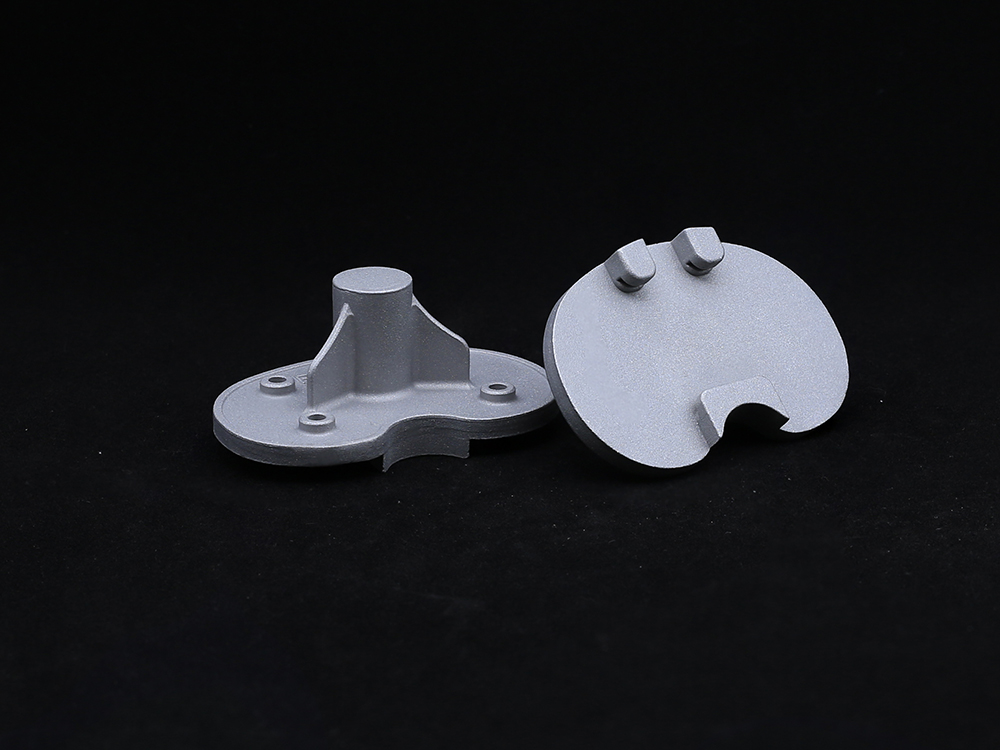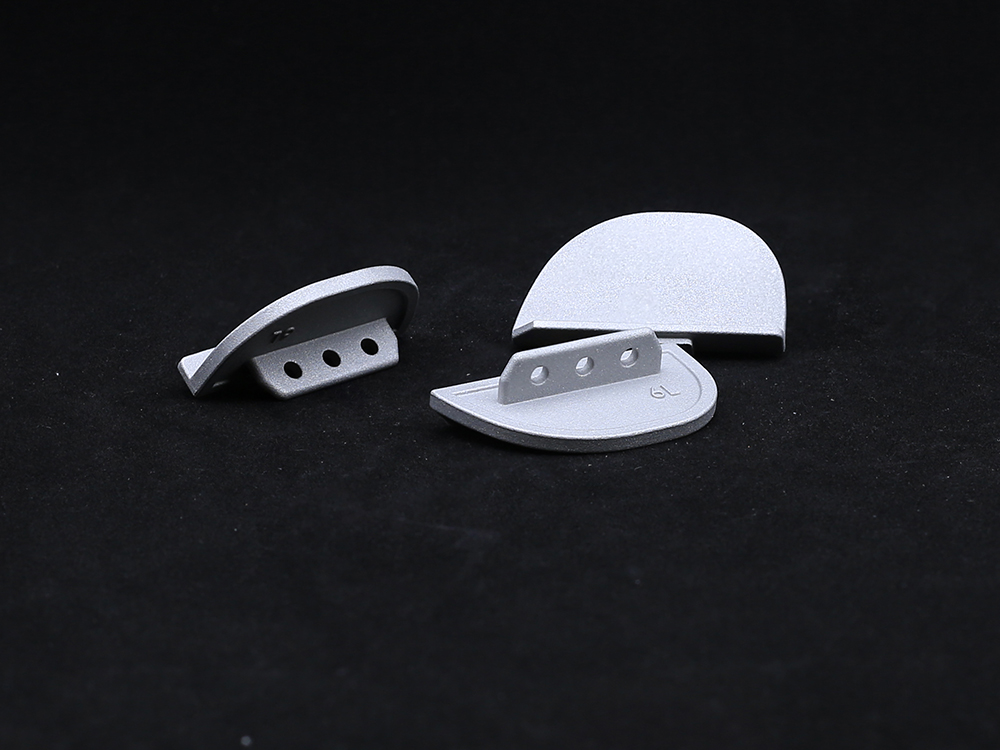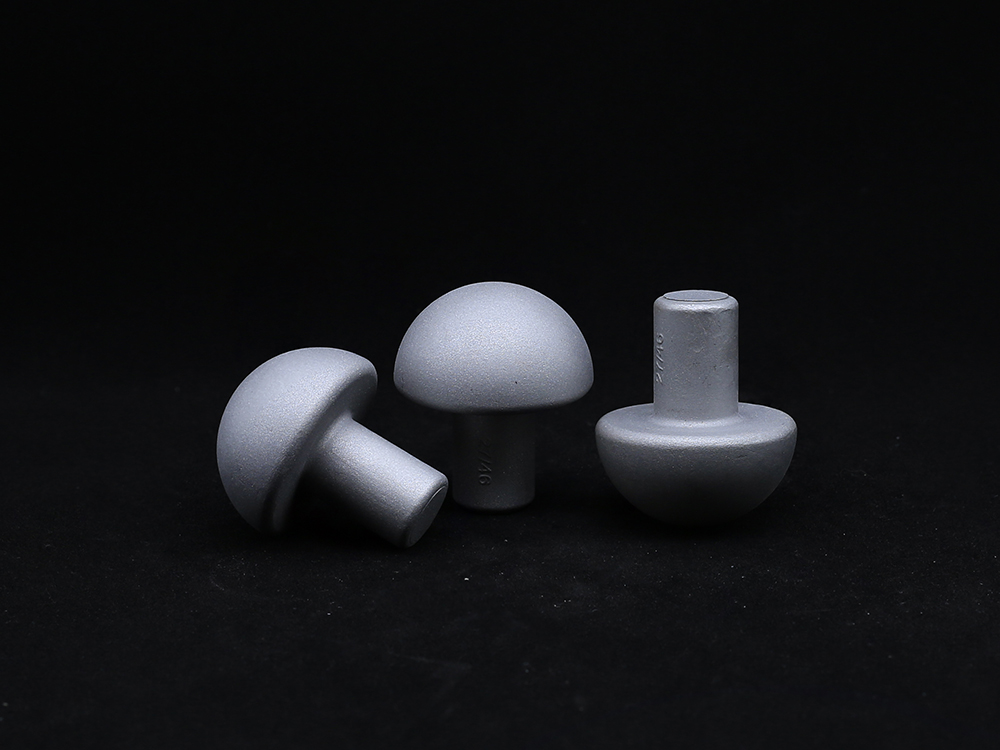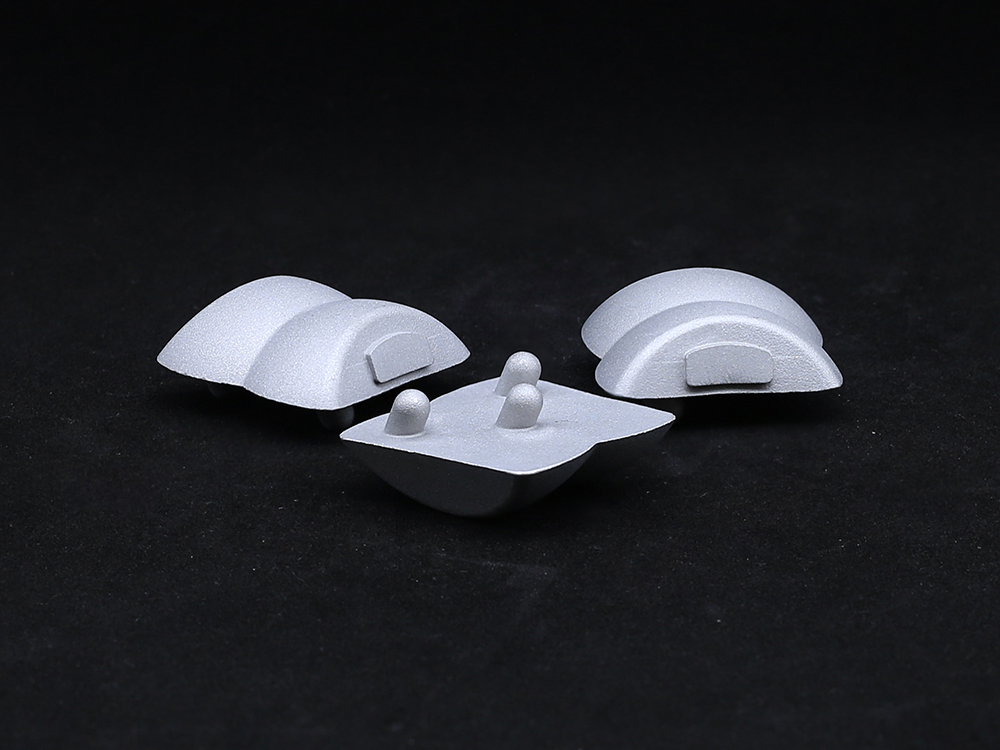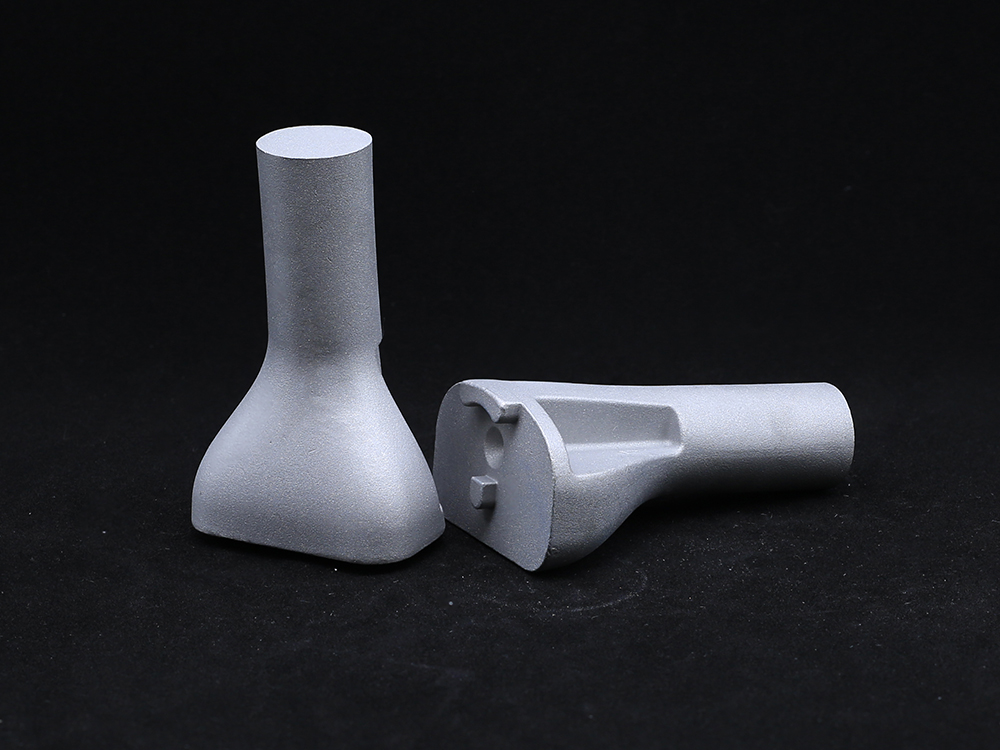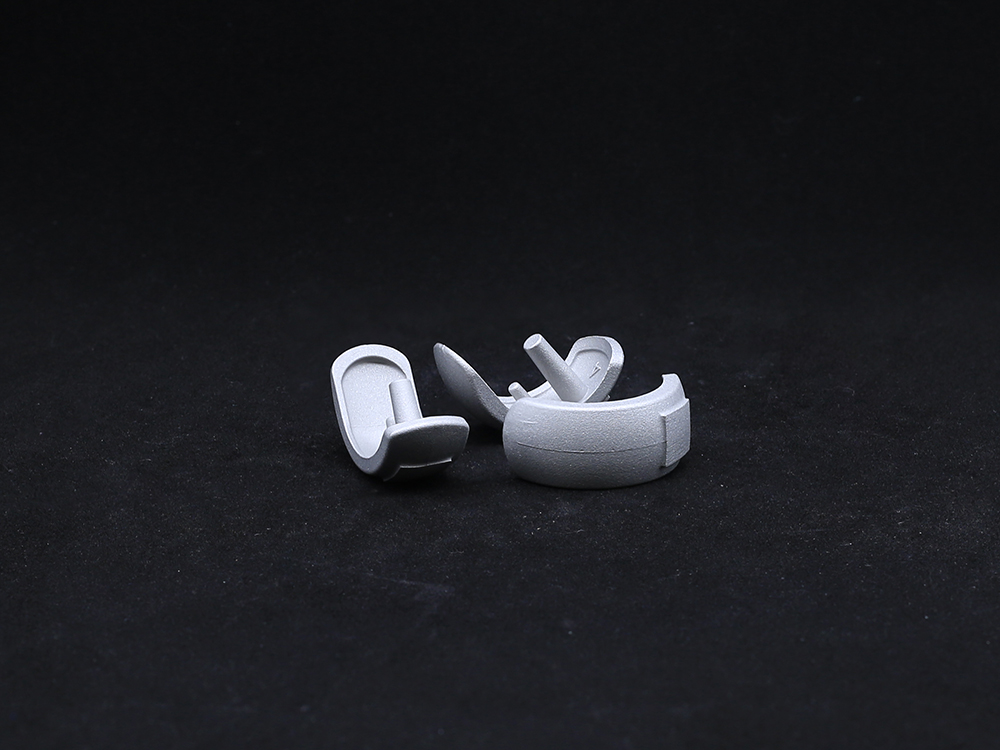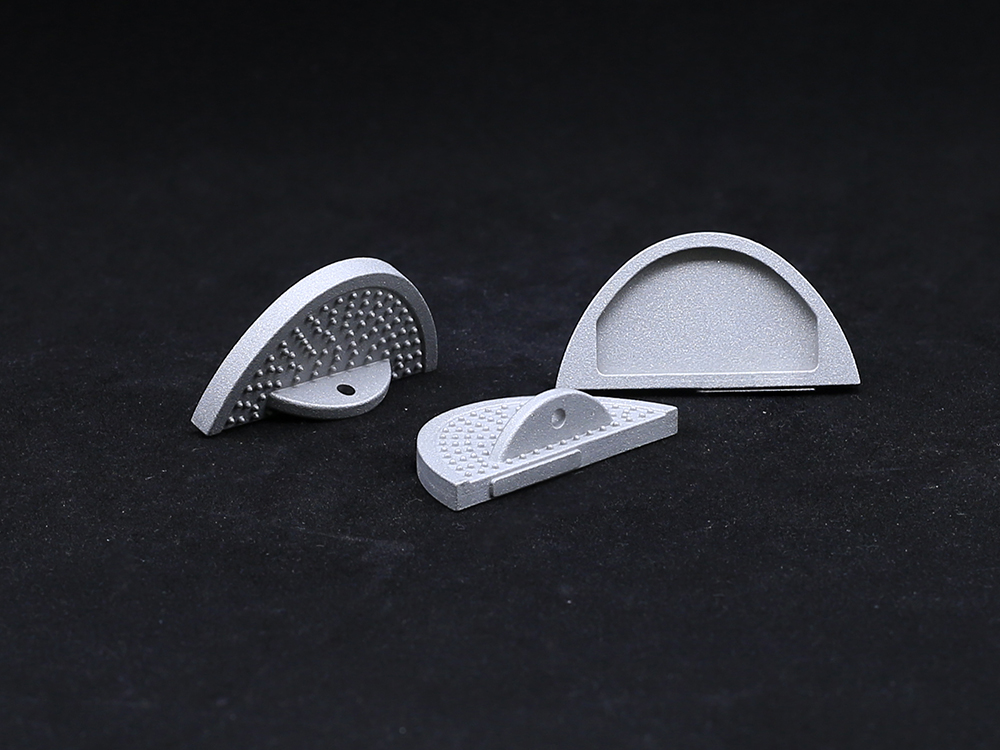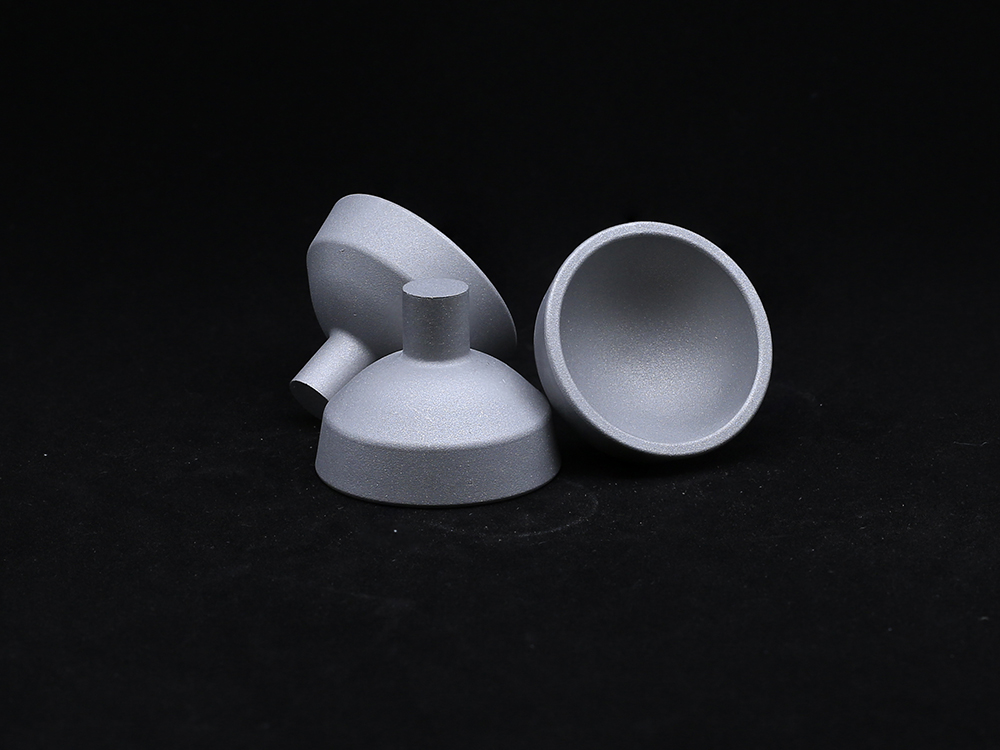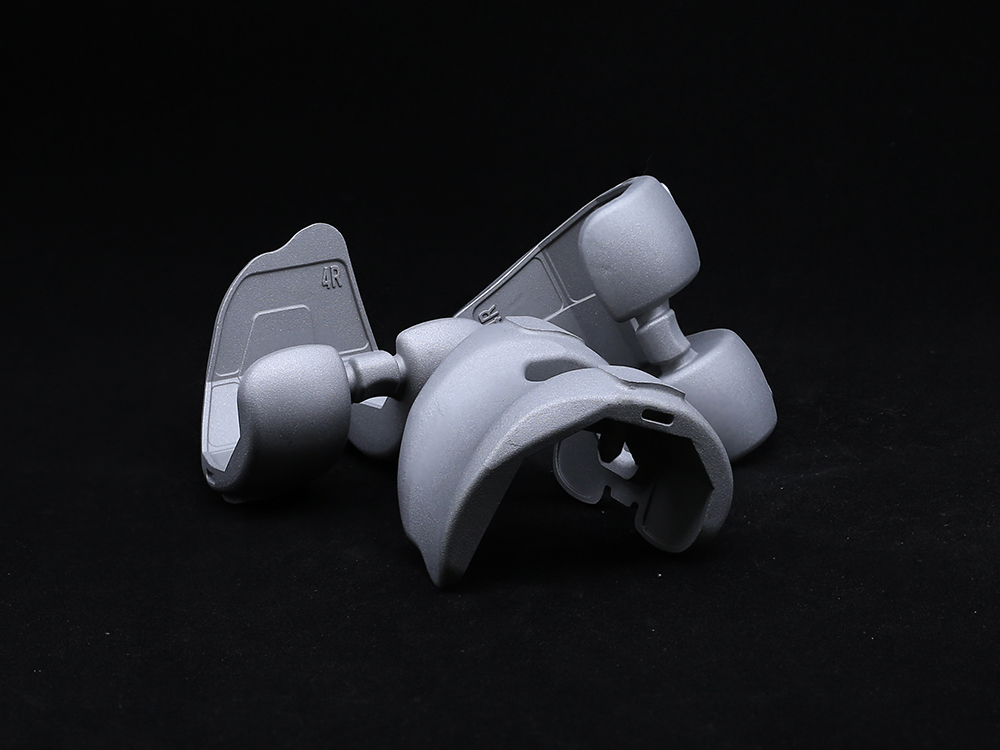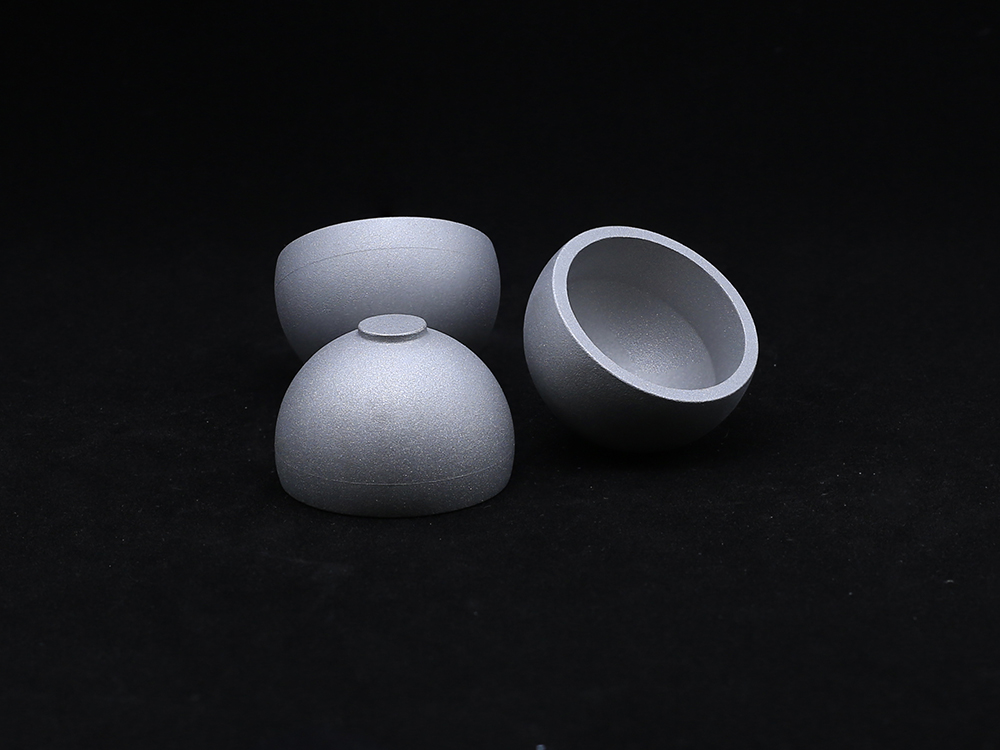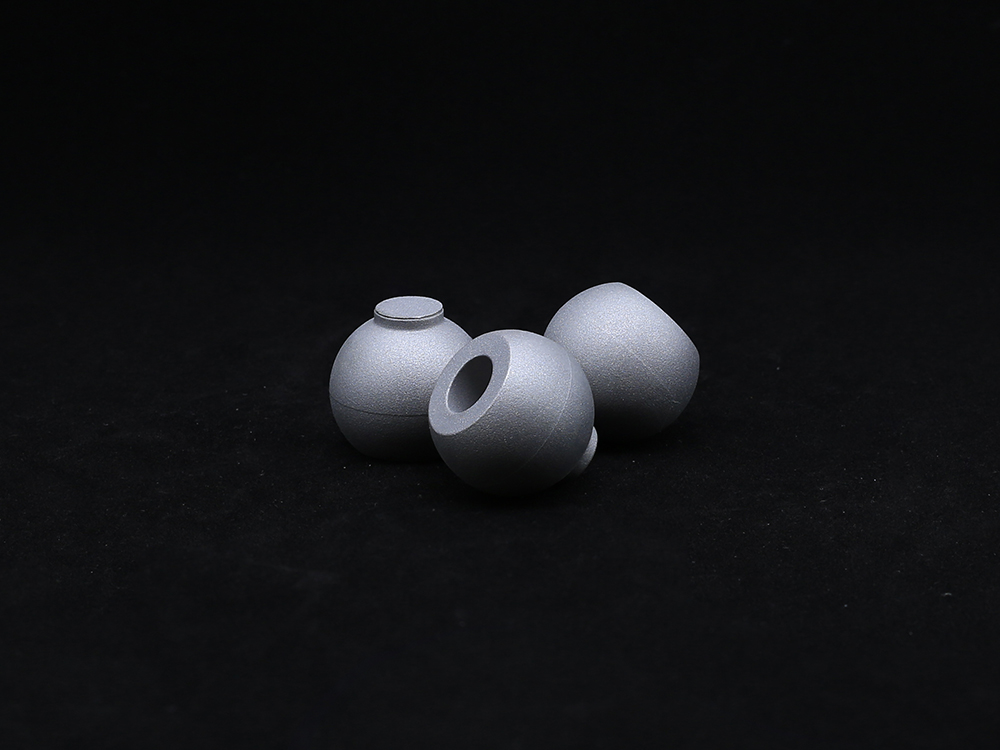Precision Revision Femoral Condyle for Stable Knee Rehab
Advanced Engineering for Critical Industrial Applications
In the intricate landscape of modern industrial operations, the integrity and performance of every component are paramount. This holds particularly true for specialized parts operating under extreme conditions. One such critical component, the Revision Femoral Condyle, stands as a testament to advanced material science and precision engineering. Designed for demanding applications where reliability cannot be compromised, these components play a pivotal role in ensuring operational continuity and safety across various sectors. This article delves into the technical intricacies, manufacturing excellence, and real-world advantages of this indispensable industrial element, providing a comprehensive guide for B2B decision-makers and technical specialists.
The continuous evolution of industrial processes, especially within sectors like petrochemical, metallurgy, power generation, and water management, necessitates components that not only meet but exceed traditional performance benchmarks. Environmental regulations, increasing operational pressures, and the push for greater energy efficiency drive the demand for superior material solutions. Advanced materials and precise manufacturing techniques are no longer just an advantage but a necessity, guaranteeing components like Revision Femoral Condyle can withstand corrosive media, high temperatures, intense pressures, and abrasive environments without premature failure. This emphasis on robust engineering translates directly into extended operational lifespans and reduced maintenance overheads for complex industrial systems.
Technical Specifications and Material Excellence
The performance of any Revision Femoral Condyle is fundamentally defined by its material composition and precise technical specifications. Typically manufactured from high-performance alloys such as specific grades of stainless steel, nickel-based superalloys (e.g., ASTM A494 CW6MC, Inconel, Hastelloy), or specialized cobalt-chromium alloys, these materials are chosen for their exceptional resistance to corrosion, high temperatures, and wear. Understanding these parameters is crucial for optimal component selection and application success. Expertise in metallurgy ensures the chosen alloy aligns perfectly with the specific demands of the operational environment, from aggressive chemical exposure to extreme thermal cycling and high-pressure differentials.
Below is a typical range of technical parameters for a high-quality Revision Femoral Condyle, showcasing the robust properties required for demanding industrial service. These values can vary based on specific alloy grade and manufacturing processes, underscoring the importance of detailed material certification and comprehensive quality control. The data reflects typical performance envelopes for components designed for critical infrastructure, highlighting their superior mechanical properties compared to conventional materials.
| Parameter | Typical Value Range | Unit | Significance |
|---|---|---|---|
| Material Grade (Example) | ASTM A494 CW6MC (Nickel-Molybdenum Alloy) | N/A | Excellent resistance to various corrosive media, including sulfuric and hydrochloric acids. |
| Hardness | 200-240 HB | Brinell Hardness (HB) | Indicates resistance to indentation and abrasive wear, crucial for moving parts. |
| Tensile Strength | 690-860 | MPa | Maximum stress material can withstand before breaking, vital for high-pressure applications. |
| Yield Strength | 380-450 | MPa | Stress at which material begins to deform permanently, ensuring structural integrity. |
| Elongation | 30-45 | % | Material's ductility and ability to deform without fracture, offering safety margin. |
| Impact Strength (Charpy V-Notch) | >70 (at -196°C) | Joule (J) | Resistance to fracture under sudden load/impact, essential for dynamic systems and cryogenic environments. |
| Max. Operating Temperature | Up to 700°C (1292°F) | °C / °F | Withstands prolonged high-temperature environments without creep deformation. |
Precision Manufacturing: The Journey of a Revision Femoral Condyle
The production of a high-performance Revision Femoral Condyle is a multi-stage process, demanding meticulous attention to detail and adherence to stringent quality controls at every step. This intricate journey ensures the final product delivers unparalleled durability and performance. It begins with the careful selection of raw materials, ensuring they meet certified standards like ASTM, and possess the necessary chemical composition and metallurgical properties. This foundational step is critical, as material integrity directly influences the component's lifespan and resistance to harsh operating conditions, laying the groundwork for subsequent processing stages.
Following material selection, the core manufacturing processes typically involve advanced techniques such as investment casting or precise forging. Investment casting allows for complex geometries and excellent surface finishes, minimizing subsequent machining and producing near-net shapes, while forging enhances the material's grain structure, significantly improving its strength and toughness. After the initial shaping, extensive CNC machining refines the component to exact specifications, achieving micron-level tolerances crucial for precise fit and function within complex assemblies. This is followed by critical heat treatment processes, which temper the material, optimize its microstructure, and enhance its mechanical properties, including hardness and resistance to fatigue, ensuring resilience under cyclical loading. Surface treatments, such as passivation or specialized coatings, may also be applied to further boost corrosion resistance or reduce friction, thereby extending the component's service life in aggressive environments found in the petrochemical, metallurgy, and water treatment industries.
Quality control is integrated throughout the entire manufacturing process. Comprehensive non-destructive testing (NDT) methods, including ultrasonic testing, radiographic testing, magnetic particle inspection, and liquid penetrant inspection, are employed to detect any internal or surface defects that could compromise performance. Dimensional inspections, material composition analysis (e.g., Spectrometry), and mechanical property tests (tensile, hardness, impact) are rigorously conducted against international standards such as ISO 9001, ANSI, and ASTM. This rigorous inspection regimen ensures every Revision Femoral Condyle not only meets design specifications but also guarantees an exceptional service life, contributing to significant energy savings and superior anti-corrosion performance in its specific application context, thereby upholding the highest levels of industrial reliability and safety.
Diverse Applications and Strategic Advantages
The robust design and superior material properties of a Revision Femoral Condyle make it indispensable across a multitude of high-stakes industrial applications. From the corrosive and high-temperature environments of oil and gas refining, where they might be integral to high-pressure pumping systems or critical valve assemblies handling aggressive fluids, to the abrasive conditions encountered in metallurgical processing equipment, these components deliver reliable performance. They are also vital in power generation plants, including nuclear and thermal facilities, supporting turbine systems and heat exchangers where thermal stability, creep resistance, and long-term integrity are non-negotiable. Furthermore, in municipal and industrial water treatment facilities, the anti-corrosion properties of these components are crucial for ensuring the longevity and efficiency of vital infrastructure, especially when dealing with aggressive chemicals or saltwater.
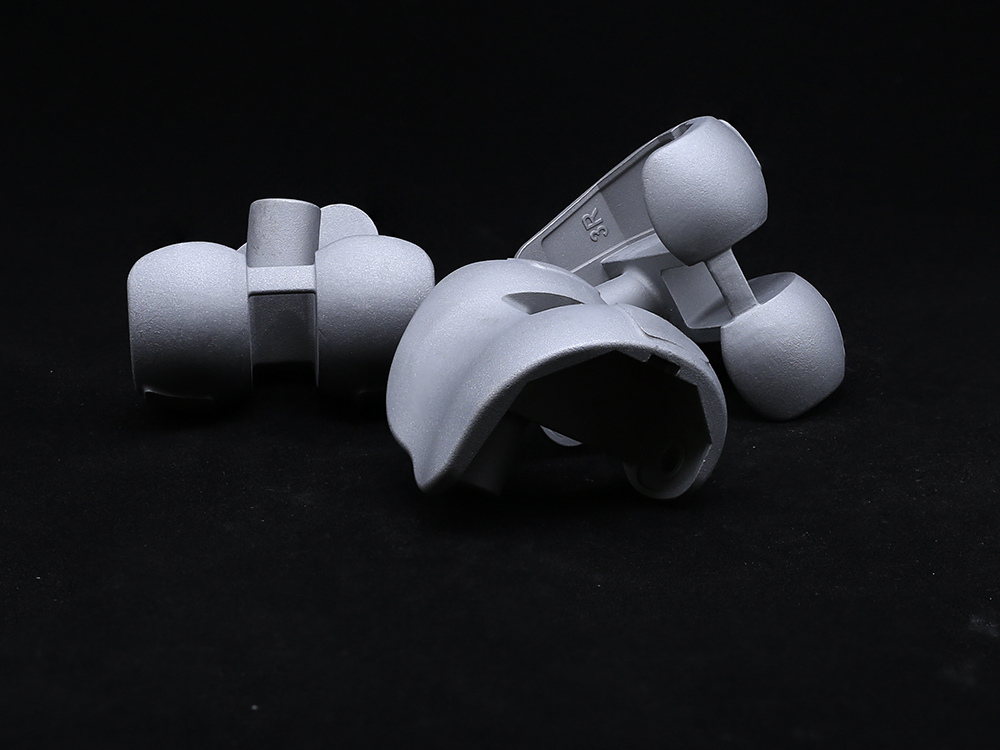
The technical advantages offered by a meticulously engineered Revision Femoral Condyle translate directly into significant operational benefits for businesses. Key among these is an extended service life, which drastically reduces the frequency and cost of maintenance, thereby improving overall equipment effectiveness (OEE) and minimizing unplanned downtime. Their superior resistance to corrosion, erosion, and fatigue means less premature failure due to material degradation, enhancing production uptime and safety. Furthermore, the precision manufacturing ensures optimal fit and fluid dynamics, which can contribute to greater energy efficiency in pumping or fluid transfer systems, leading to tangible operational cost savings. By investing in high-quality components designed for longevity and resilience, industries can achieve significant long-term cost reductions, enhance safety protocols, and maintain uninterrupted operational flows even under the most challenging circumstances, solidifying their position in competitive global markets.
Selecting a Partner: Manufacturer Comparison and Custom Solutions
Choosing the right manufacturer for your Revision Femoral Condyle components is as crucial as the component itself. It's not merely about purchasing a product, but about securing a partnership that ensures reliability, technical support, and the capability for bespoke solutions. Key evaluation criteria include a manufacturer's adherence to international quality standards (e.g., ISO 9001, API, PED), their metallurgical expertise, the robustness of their R&D capabilities, and their track record of delivering complex projects. A reputable manufacturer should offer full material traceability and comprehensive testing reports, providing complete transparency and building trust, which are cornerstones of long-term B2B relationships in critical industries.
Moreover, in B2B environments, standardized products often fall short of unique operational demands. This is where the ability to provide custom engineering solutions becomes invaluable. A proficient manufacturer can work collaboratively with clients to design and produce a Revision Femoral Condyle tailored to specific dimensions, material requirements, or performance characteristics. This could involve optimizing the alloy composition for a particularly aggressive chemical medium, designing a unique geometry to improve fluid flow, or applying specialized coatings for enhanced wear resistance. Such customization ensures maximum compatibility and performance within existing systems, avoiding costly retrofits or compromised operational efficiency, and demonstrating the manufacturer's commitment to tailored excellence.
| Evaluation Criterion | Importance | Key Indicators to Look For |
|---|---|---|
| Certifications & Standards Compliance | High | ISO 9001, API (if applicable), PED (Pressure Equipment Directive), Material Certifications (ASTM, ASME). |
| Metallurgical & Engineering Expertise | Very High | In-house metallurgists, experienced design engineers, robust R&D capabilities, documented case studies. |
| Customization Capability | High | Advanced CAD/CAM proficiency, rapid prototyping, ability to develop bespoke alloy compositions. |
| Production Capacity & Lead Time | Medium to High | Modern manufacturing facilities, efficient supply chain management, verifiable track record for on-time delivery. |
| After-Sales Support & Warranty | High | Dedicated technical support teams, comprehensive warranty terms, provision of maintenance and installation guidance. |
Ensuring Trust: Quality, Support, and Client Experiences
Trust in a supplier of critical components like Revision Femoral Condyle is built upon a foundation of consistent quality, transparent processes, and robust customer support. Leading manufacturers back their products with comprehensive quality assurance programs, including certifications like ISO 9001, signifying a commitment to consistent quality management systems. Furthermore, specific material and performance test reports accompany each batch, ensuring full traceability and verification of stated specifications. Our experience includes partnering with major players in the energy and chemical sectors, providing them with custom-engineered components that have consistently outperformed their predecessors, reducing maintenance cycles by up to 25% and extending operational life by over 50% in harsh chemical processing environments, demonstrating tangible ROI for our clients.
Our dedication to client success extends beyond product delivery. We provide a comprehensive support framework designed to ensure optimal performance and longevity of every Revision Femoral Condyle. This includes access to our team of highly skilled engineers and technical specialists who can offer expert advice on installation, operation, and maintenance, ensuring that our components integrate seamlessly and perform effectively throughout their lifespan in your critical applications.
Frequently Asked Questions (FAQ)
Q: What is the typical lead time for a custom Revision Femoral Condyle?
A: Lead times vary based on complexity, specific material requirements, and current order volume. For custom orders, it typically ranges from 8-12 weeks from design approval to delivery, though expedited options are often available for urgent requirements, ensuring project timelines are met.
Q: What inspection standards are adhered to during manufacturing?
A: All manufacturing processes and products strictly adhere to international standards including ISO 9001 for quality management, ASTM for material specifications, ANSI for dimensional standards, and relevant NDT standards like ASME BPVC Section V for comprehensive non-destructive testing, ensuring superior product integrity.
Q: Is technical support available post-purchase?
A: Yes, we provide dedicated, continuous technical support. This includes expert guidance on installation, operational best practices, troubleshooting, and material compatibility consultation, ensuring long-term operational excellence and addressing any queries promptly and effectively to maximize component lifespan.
Delivery & Warranty Commitments
- Delivery Cycle: We prioritize efficient logistics and supply chain management to ensure timely delivery of your components. Standard delivery cycles are communicated upfront, and our processes are optimized for responsiveness and reliability, aiming for on-time and in-full delivery.
- Quality Assurance: Each Revision Femoral Condyle component undergoes stringent multi-stage inspection, including pre-shipment quality checks and detailed documentation, ensuring it meets or exceeds all industry standards and client specifications before it leaves our facility.
- Warranty: All our components come with a comprehensive warranty against manufacturing defects and material failures under normal operating conditions. This reflects our strong confidence in product quality, durability, and the robust engineering that goes into every piece we produce.
Conclusion: The Future of High-Performance Components
The demand for robust, high-performance industrial components like the Revision Femoral Condyle continues to grow as industries push the boundaries of operational efficiency and endurance. As environmental regulations tighten and operational costs remain a key concern, investing in superior-grade components manufactured with advanced techniques and materials is no longer an option but a strategic imperative. These components are vital not just for maintaining current operations, but for enabling future innovations in energy, chemistry, and infrastructure, underpinning the reliability and safety of critical global systems.
By partnering with a manufacturer that combines deep metallurgical expertise with cutting-edge manufacturing capabilities and an unwavering commitment to quality, businesses can ensure their critical systems are equipped with components that offer maximum reliability, extended service life, and optimized performance. The future of industrial resilience and sustainable operations is built on the foundation of such precision-engineered parts, driving efficiency and safety across global industries, thereby securing competitive advantages and long-term operational success.
References
- Smith, J. P. (2021). Advanced Materials for Extreme Environments in Petrochemical Industry. Journal of Engineering Materials Technology, 143(3), 031005.
- Chen, L., & Wang, Q. (2020). Developments in Nickel-Based Alloys for High-Temperature Applications. Materials Science and Engineering: A, 792, 139755.
- International Organization for Standardization. (2015). ISO 9001:2015 Quality Management Systems - Requirements. ISO.
- American Society for Testing and Materials. (2023). ASTM Standards for Metal Casting and Inspection. ASTM International.
- Liu, P., & Zhang, Y. (2019). Corrosion Resistance of High-Performance Alloys in Industrial Water Treatment Systems. Water Research, 167, 115087.
Get a Custom Solution!
Contact Us To Provide You With More Professional Services

